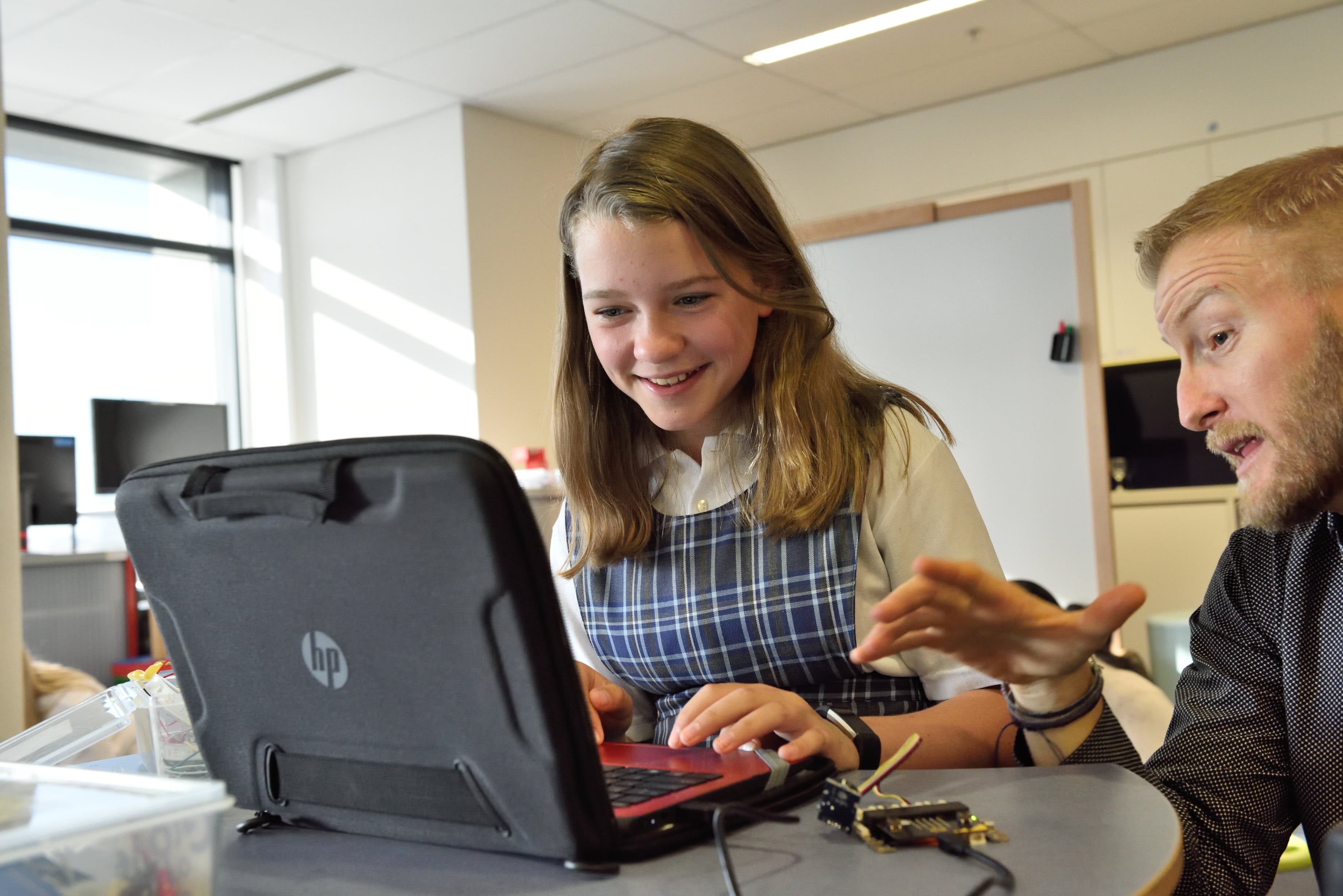Tech subjects in Australia at risk amid acute teacher shortage

According to a survey of more than 400 Australian schools, conducted in August, 96% are experiencing difficulties hiring qualified technology teachers. More than two-thirds also said that the quality of learning their students received has suffered as a result. Technology is part of the Australian curriculum in all states but, according to a survey of 404 schools and almost 3,000 technology teachers by the Design and Technology Teachers' Association, the majority of schools rely on unqualified teachers, pulled from other subjects to teach it. According to figures from the survey, 84% of schools have used unqualified teachers in their technology classes and 39% of surveyed schools have reduced their technology programs due to teacher shortage.
Roland Rathelot and Thijs van Rens have looked at recent literature which indicates that focusing on education and training to boost worker skills may be misguided; rather, actions (e.g. adjusting wages to reflect relative skill shortages) may be a key determinant of skill mismatch. In their article they note: “Almost all proposed policy interventions suggest reforms of education and training as solutions to perceived shortages of skills, while little attention is paid to wage setting. This is problematic because such reforms, which are often expensive, will be ineffective if wages do not reflect relative skill shortages.”
Peter Murphy, president of the Design and Technology Teachers’ Association of Australia, said: “Technologies education prepares our students to be tomorrow’s creative problem solvers and innovators. They will work in growth areas such as engineering, robotics, transport, construction, infrastructure and communications.” He added that technology graduates would become innovators in industries such as renewable energy and advanced manufacturing, only if given the right training. “If we as educators, leaders and parents believe that technology and innovation are a part of a successful and prosperous 21st century Australia, then the results of this survey represent a significant risk,” he added.
Dr Scott Sleap, a senior lecturer at the University of Newcastle's science faculty, is of the opinion that the shortage of technology teachers is not new but it has grown significantly in recent years. “This is an acute problem across Australia but even more so in regional areas. I have had principals and teachers tell me they are actually collapsing [technology] classes routinely every day,” he added. According to him education departments should create incentives for qualified technology practitioners to move into teaching as he believes teacher pay is one of the problems. Many of those qualified to teach technologies could find a higher-paid job elsewhere.
Read Roland Rathelot and Thijs van Rens’ article Rethinking the skills gap